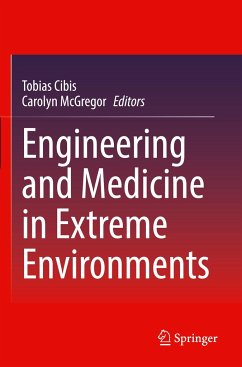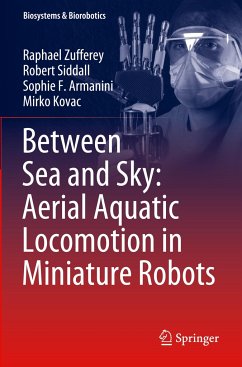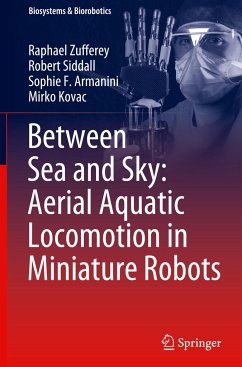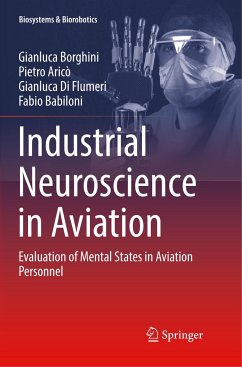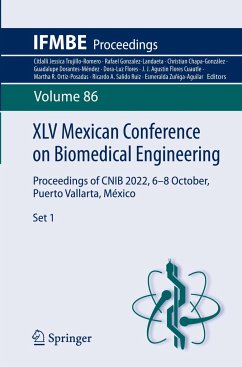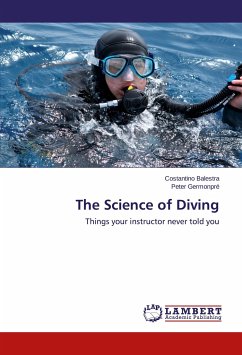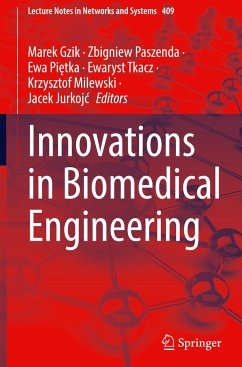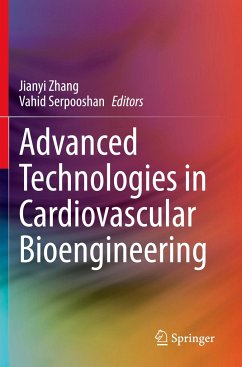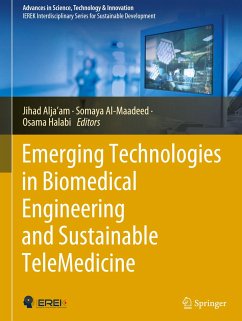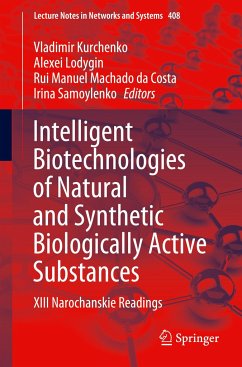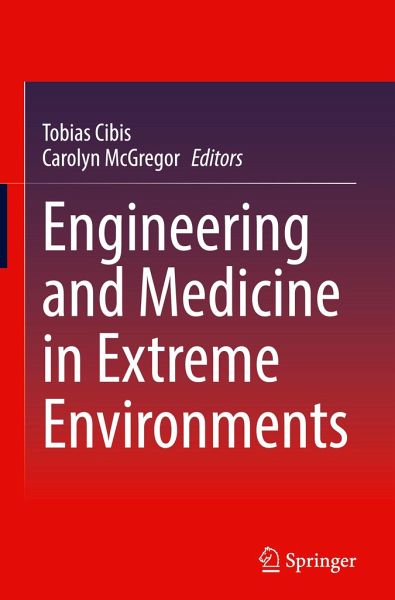
Engineering and Medicine in Extreme Environments

PAYBACK Punkte
0 °P sammeln!
This book brings together in-depth information on a wide array of bio-engineering topics and their application to enhance human health, performance, comfort, and survival in extreme environments. Contributions from biomedical engineering, information systems, medicine and physiology, and medical engineering are presented in relation to a broad range of harsh and extreme environmental scenarios, including underwater, terrestrial (both natural and man-made), and space travel. Physicians, engineers, and scientists, as well as researchers and graduate students, will find the book to be an invaluab...
This book brings together in-depth information on a wide array of bio-engineering topics and their application to enhance human health, performance, comfort, and survival in extreme environments. Contributions from biomedical engineering, information systems, medicine and physiology, and medical engineering are presented in relation to a broad range of harsh and extreme environmental scenarios, including underwater, terrestrial (both natural and man-made), and space travel. Physicians, engineers, and scientists, as well as researchers and graduate students, will find the book to be an invaluable resource.
- Details effects of extreme environments on human physiology;
- Presents human-environment interaction in different scenarios;
- Overview of engineering challenges and problems in extreme environments.





